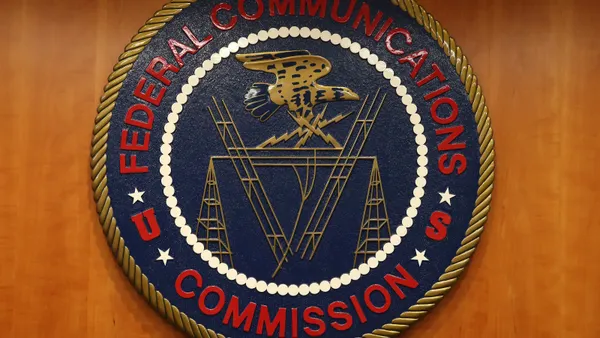Dive Brief:
- National Cyber Director Harry Coker Jr. on Tuesday warned the U.S. has to do a better job of deterring the ongoing cyber threat from the People’s Republic of China, referencing current campaigns of threat activity targeting critical infrastructure.
- The American public needs to be reminded of the unacceptable risk posed by a series of malicious cyber campaigns linked to China, Coker said. This level of threat activity needs to be met by consequences from the U.S. and its allies, Coker said.
- “It’s too easy to become complacent while adversaries are prepositioning themselves on our critical infrastructure. We take it for granted that critical infrastructure is there to serve us, to help us maintain a quality of life and it is there until it is not,” Coker said during a conversation with the Foundation for Defense of Democracies.
Dive Insight:
Coker was one of four top national security officials who testified about the PRC threat last January before the House Select Committee on the China Communist Party.
At the hearing, FBI Director Chris Wray and other officials warned that PRC-backed hackers were prepositioning themselves to disrupt U.S. critical infrastructure as a way to sow panic in the U.S. in the event of military conflict in the Asia Pacific, including a potential invasion of Taiwan.
Coker, during a Tuesday sit down with Mark Montgomery, senior director of FDD’s Center on Cyber and Technology Innovation, was asked if China can be allowed to continue feeling it can conduct malicious cyber operations with impunity.
“We do have to deter the People’s Republic of China and others that would do us ill will, that they cannot operate freely, and we say we’re at unacceptable risk – well unacceptable means you can’t do it,” Coker replied.
The U.S. needs to marshall all available resources to counter the threat, including diplomatic, economic, intelligence and coalitions with like-minded nations, Coker said. The FBI has disrupted at least two PRC-linked botnets over the past year, including a September operation against a Mirai-variant botnet linked to the Flax Typhoon threat group.
The Treasury Department on Friday sanctioned Integrity Technology Group, a Beijing-based firm that U.S. authorities say is behind Flax Typhoon.
In recent months another state linked threat group called Salt Typhoon penetrated nine major telecom companies, part of an espionage effort to collect information from key officials and others living in the U.S.
In December, a suspected PRC-linked hacker stole unclassified data from the U.S. Treasury Department.
Treasury Secretary Janet Yellen, during a virtual meeting Monday with China’s Vice Premier He Lifeng, expressed serious concerns about what the U.S. says is malicious cyber activity, noting such activity could impact the bilateral relationship between the two countries.












